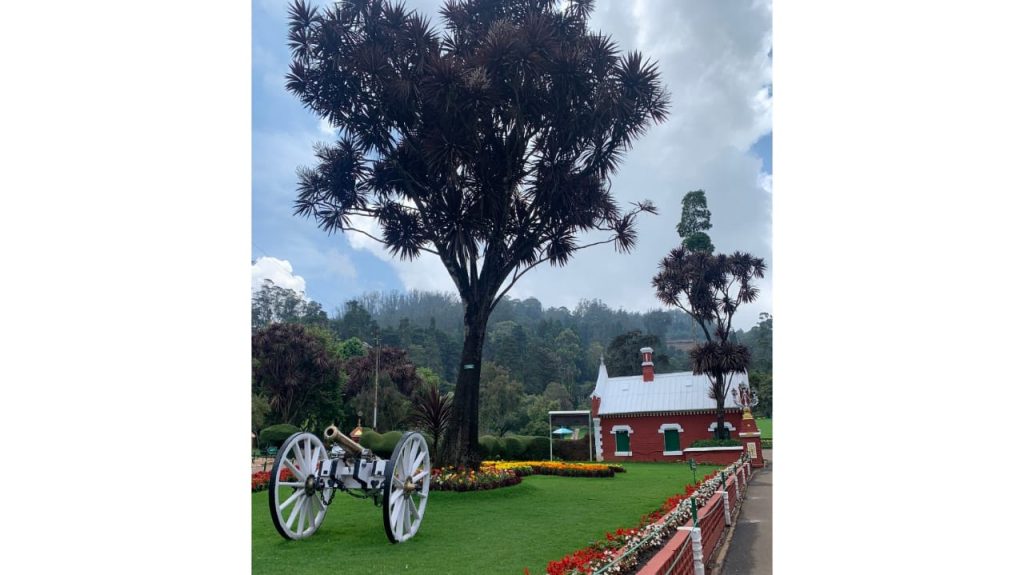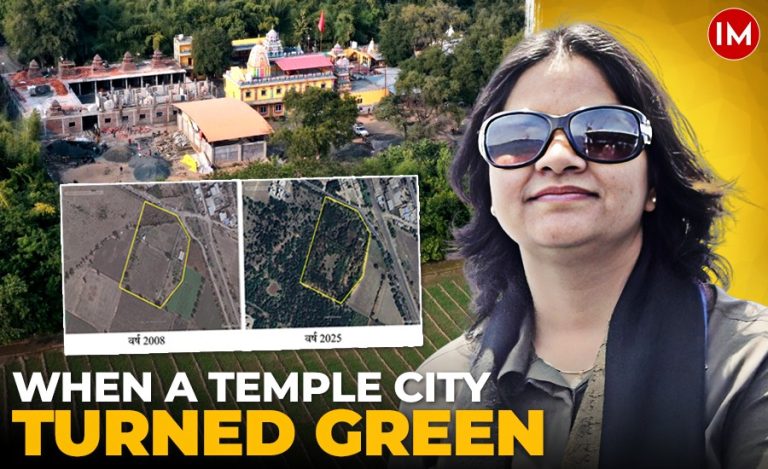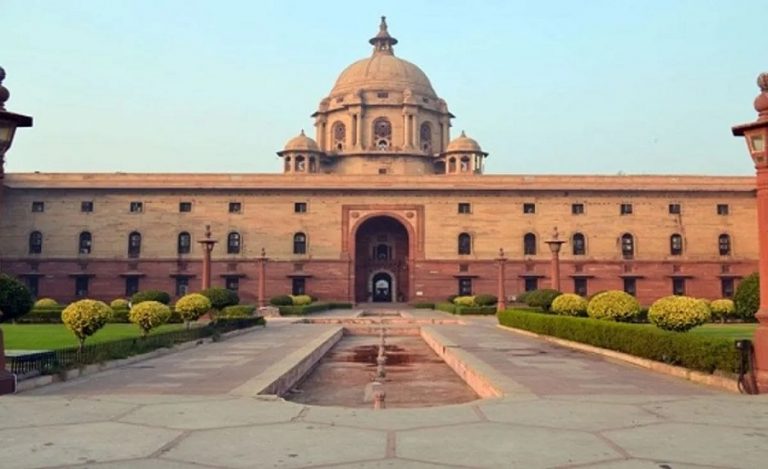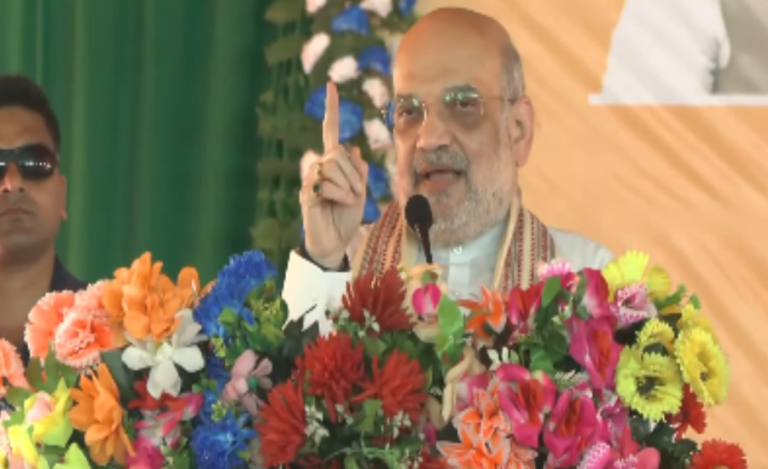A 138-hectare botanical garden will come up near Chennai, at Kadambur in Chengalpattu district of Tamil Nadu at a cost of Rs. 300 crore and in partnership with the Royal Botanic Gardens, Kew in London. The project will be implemented over a period of five years.
Speaking with Indian Masterminds, IAS officer Supriya Sahu, Additional Chief Secretary, Environment, Climate Change and Forest, Tamil Nadu, shared details about the project.
OBJECTIVE
The objectives are to collect, document and maintain indigenous and exotic plant species, ex-situ conservation, multiplication of threatened and endemic plants, establish seed banks (short term), and arboreta and mist propagation facilities.
Ms. Sahu said that they are planning to reintroduce and rehabilitate indigenous plants in natural habitats, and establish herbarium of authentic specimen for identification of plants. Sale and exchange of seeds, plants and other planting materials to individuals and with research institutions is also on the agenda.
The botanical garden will also provide recreation facilities to the public and expose them to the pristine beauty of nature. It will also provide and promote opportunities for small scale enterprises and support local business and services to improve the standard of living of the people of the area.
“Establishing nature centres and youth museums to focus attention on destruction of tropical and temperate ecosystem, and environmental degradation; organising educational programmes to create environmental awareness among children; and training teachers in environmental education is the other aim,” Ms. Sahu said.
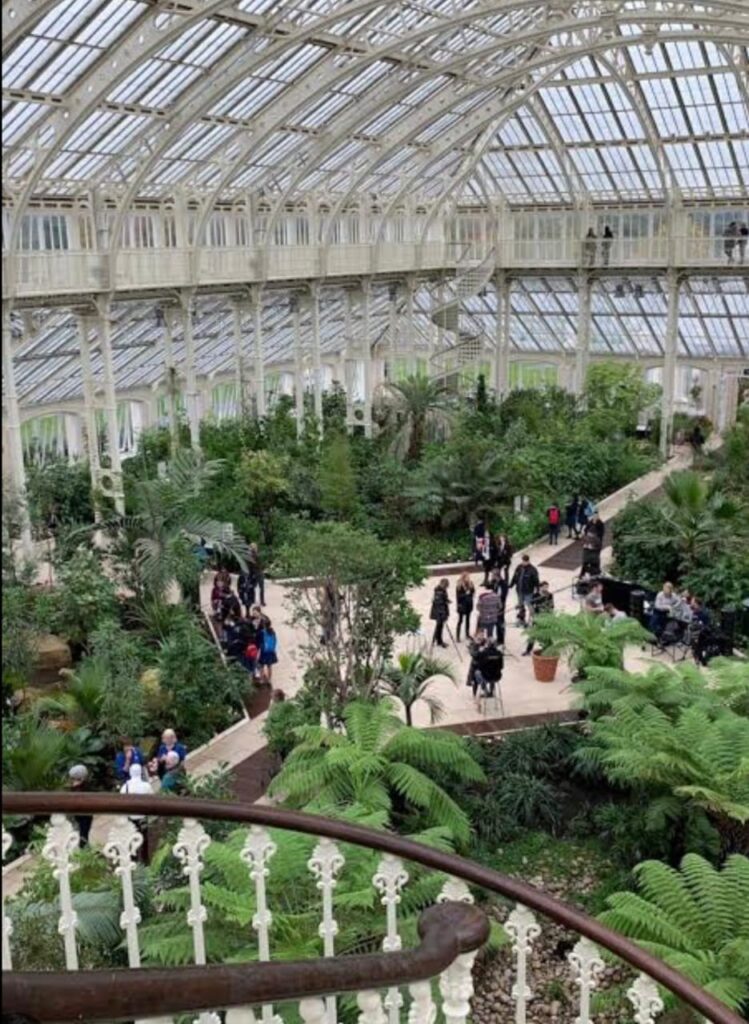
FACILITIES
The botanical garden will have facilities of conservatory for housing tropical and temperate vegetation, conservation centre for orchids, ferns, bamboos, palms, medicinal plants, herbs and healing garden, rock garden with arrangements of water falls, rose garden, butterfly garden, and sensory gardens based on fragrance, taste, and texture.
It will further have a Herbarium of indigenous and exotic species, area for demonstrating the ancient Tamil land classification – 5 landscapes of Sangam Literature (Kurinji, Marutham, Neythal, mullai, palai), area for demonstrating the sacred groove concept, aquatic habitat for housing aquatic vegetation, conservation centre with interactive facilities, and souvenir shop.
“The botanical garden will also consist of a plant museum with library and state-of-the-art Herbarium with seed preservation centre, administration building, learning cum conference centre, staff accommodation, eco huts, open-air auditorium, tree house, wetland board walks, nature trails, cycle path and road for BOV, including solid waste management and grey water treatment facilities,” Ms. Sahu said.
The project will encourage environment-related activities, including guided walks for students and the elderly, Kids for Nature – an educational programme on plant biodiversity, nature and heritage education, workshops and seminars for organised groups.
Visitors can also avail the facilities of cafeteria and food courts, parking facilities and other visitor amenities including drinking water, seating facilities, beautiful eco-toilet complexes, battery operator vehicles, wheel chairs, etc.
PLANT SPECIES
Floral specieswith potential trees of high carbon sequestration capacity and threatened and endemic species shall be planted, and so will be medicinal plants that have medicinal properties as per ancient Tamil literature and are not in use in contemporary times.
“Along with this, tropical dry evergreen forest, tropical deciduous forest, thorn forest, xerophytic species, fern, orchids, bamboo will be planted. Rare and endangered species will be promoted and their reintroduction will be ensured,” Ms. Sahu added.

